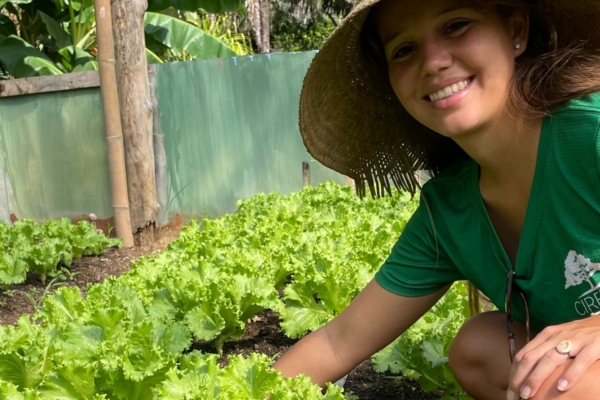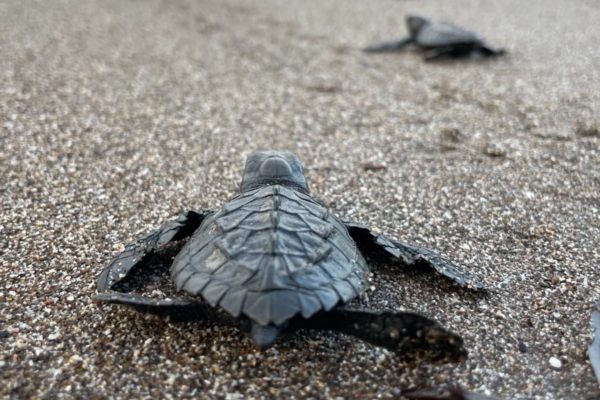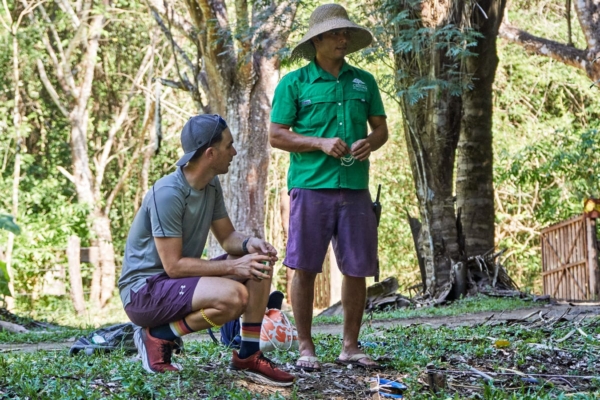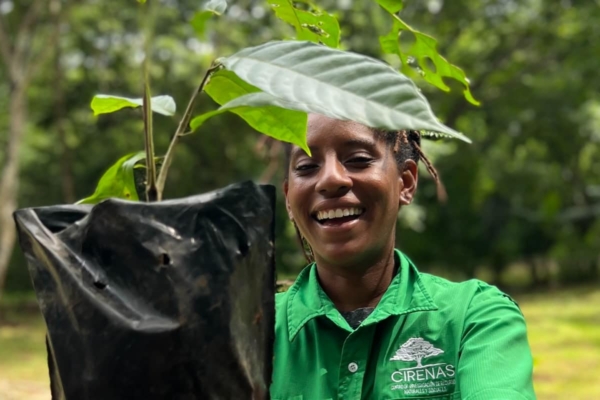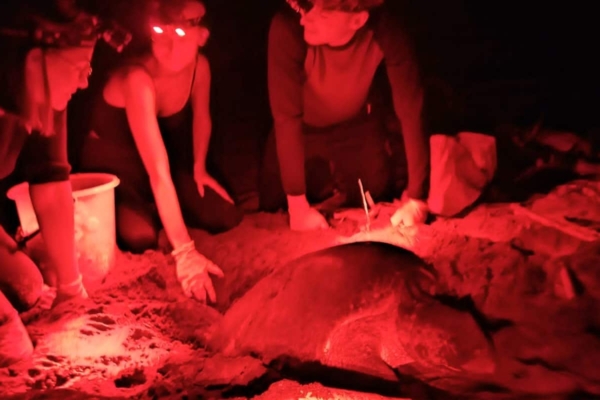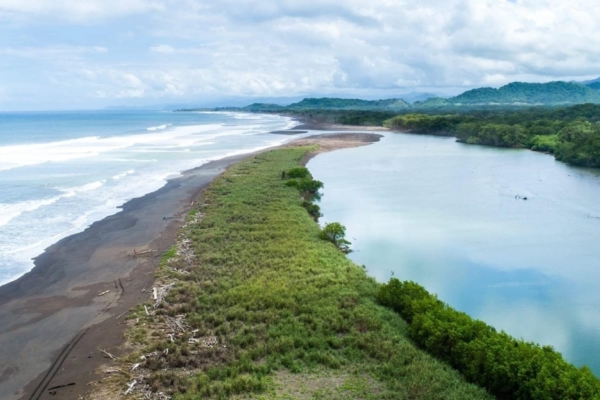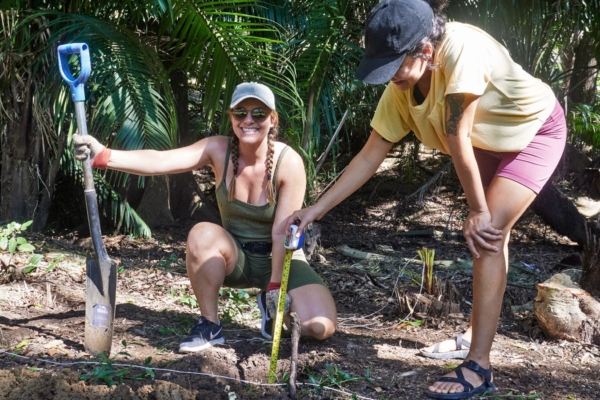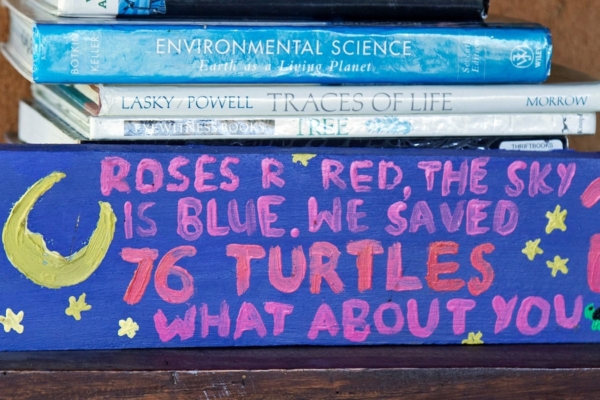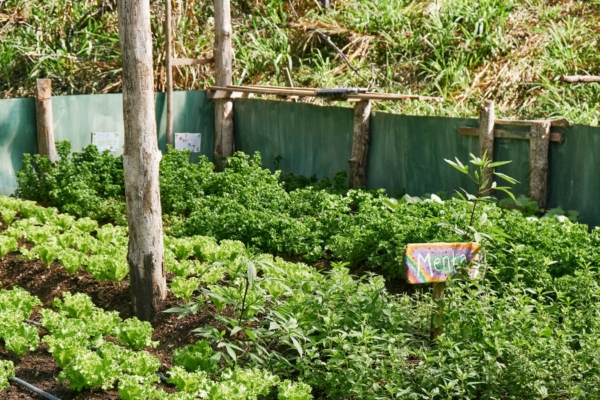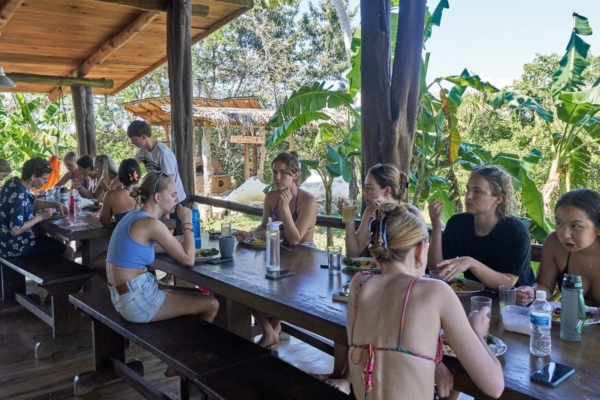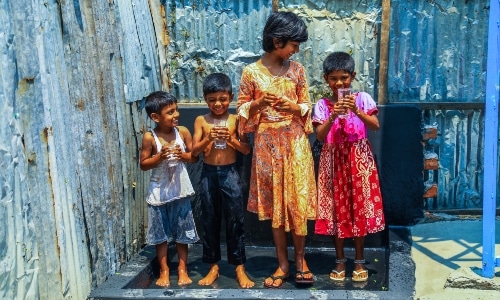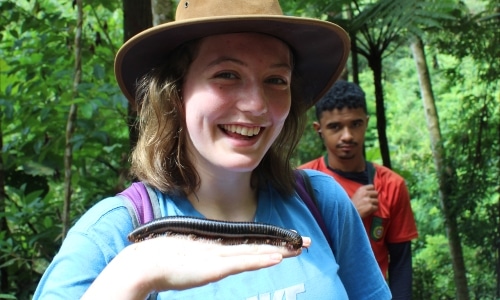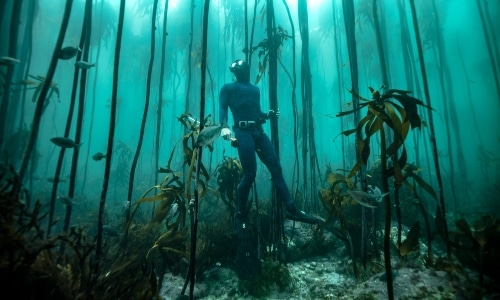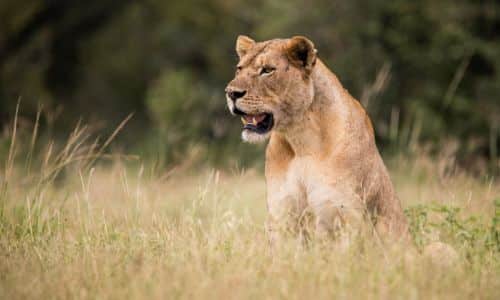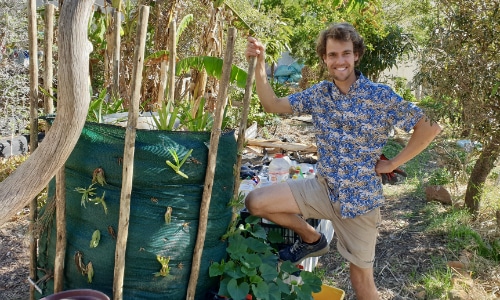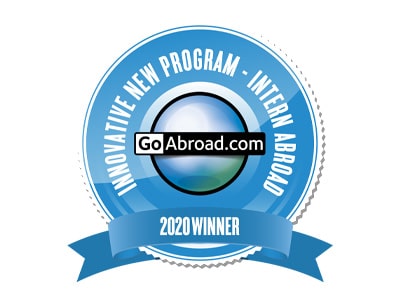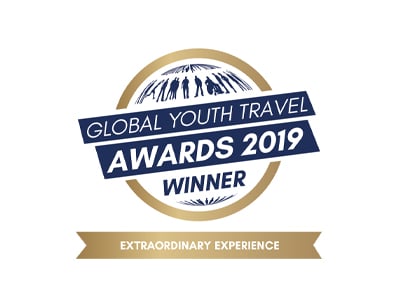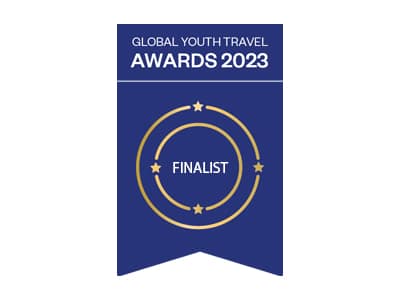CONSERVATION RESEARCH INTERNSHIP IN COSTA RICA
PROGRAM OVERVIEW
SPECIALIZE IN MARINE OR LAND ECOLOGY, OR GET A TASTE OF BOTH WITH THIS VERSATILE CONSERVATION INTERNSHIP
Venture to the stunning coastline of Costa Rica and work on exciting, innovative conservation field research. This program equips you with practical knowledge of conservation, gains you in-field research experience, and lets you play a role in important work.
This internship places you with a conservation nonprofit whose goal is to create transformative connections between people and the environment through education, research, integration, and innovation. This means they take a ground-up approach to sustainable development. They research the region’s communities and natural ecosystems to develop sustainable practices that can be integrated into local life. There is an impressive array of research projects in operation at their 4,700 hectare base of operations, Hacienda Ario.
Your work as an intern could vary hugely depending on when you join the organization. In the later half of the year there are exciting opportunities to work on sea turtle nesting research or reforestation programs. In the earlier half of the year you’ll work on seed bank development, permaculture projects. In either case, you’ll get the chance to work on exciting land and marine conservation work, or specialize in the one that interests you most.
ORGANIZATION
Based on the Nicoya Peninsula of Costa Rica, this conservation-focussed nonprofit operates from their own 4,700 hectare research center and educational campus. Here, they run an array of fine-scale conservation research, devise sustainable practices, and establish conservation initiatives for the region. They then share their knowledge through community outreach, education programs, and online informational resources.
Their mission is to create transformative connections between people and the environment through education, research, integration, and innovation. Their work includes agroforestry and permaculture projects, in-field conservation work for nesting sea turtles, wildlife rescue, and development of a seed bank and nursery.
TASKS & REQUIreMENTS
This internship is hugely versatile depending on when you join and where your interests lie. You could spend your internship on sea turtle nesting or permaculture and agroforestry or both. Whatever your specialization, you’ll gain extensive skill-development in conservation research and expansive insight into nonprofit conservation work.
Responsibilities
- Sea Turtle programs (mainly June-February): beach monitoring, nest management, hatchery maintenance and leading volunteers and visitors
- Blue Flag program: beach clean-ups, reforestation, and leading environmental education workshops with local schools and communities
- Biodiversity monitoring program: camera trap deployment and collection, taking inventories and surveys of species, keeping records and managing database of biodiversity information, conducting ecology research activities
- Permaculture program: maintaining agroforestry systems work (pruning, coppicing, pollarding etc), maintenance and installation of irrigation systems, contributing to experimentations with harvesting techniques and and food preservation
- Taking part in Nursery work; soil regeneration, seeding trees and plants, transplanting, etc.
- Data work: organizing tree and species list and data entry for field work, creating zones maps plant inventory/plant, generating harvest and maintenance schedule for trees and annuals
Requirements
- Studying towards or have completed a degree in biological sciences or related field
- Fluent English. Basic Spanish skills is a bonus
- Capable of outdoor physical labor
- Adaptable and innovative
- Strong written and verbal communication
- Self-driven and responsible
- Bring your own laptop
- Be over 20 years old
- Must be able to commit to six hours of work five days a week with occasional night shifts
WHERE YOU’LL STAY
The campus covers a huge portion of the peninsula and contains a great diversity of scenery. There are bungalows where interns can stay and a large dining hall where they’ll eat. There’s also classrooms, laboratories, a huge network of nature trails, and spaces for yoga, meditation, and events.
Safety & Support
Safety & Support
Costa Rica is generally considered a safe travel destination although you have to keep the normal safety precautions in mind (take care of your valuables, don’t go out alone after dark, etc.). Make sure to visit your doctor and dentist for a check-up before your internship and to get all the recommended vaccines and/or medications necessary to stay healthy. Malaria risk is low, but consult your local health on whether or not to take any malaria medication.
Communication
Communication
There is a Wi-Fi connection for work-related issues. For personal use, it is recommended to either buy a local sim card or use international data roaming.
Meals
Meals
From Monday to Saturday three basic meals are included and you will have cooking shifts as well. The meals offered by the organization are mainly vegetarian. If you want to buy some food yourself, your best option is in Cobano.
Location details
Location details
You’ll stay near the town of Manzanillo, a short drive from popular beach Santa Teresa on the Nicoya Peninsula of Costa Rica. This area is an area of staggering natural beauty and rich biodiversity in one of Costa Rica’s most important coastal watersheds along the Bongo-Ario basin.
DATES & RATES
Fee Breakdown
Internship dates are flexible. The exact start and end dates will be discussed with you during the selection process.
What you’ll pay (2024 rates)
8 weeks USD 4,113
12 weeks USD 6,170
16 weeks USD 6,961
20 weeks USD 7,119
26 weeks USD 9,225
Inclusions
- Careful matchmaking. It takes time to find the right internship for each person, and we take this process very seriously.
- Initial interview with one of our team to gauge your skills, interests, and desired learning outcomes.
- An academic internship eligible for university credit. Check with your university to confirm if this internship qualifies for credit or alternatively we can assist you with purchasing transfer credits.
- Shared accommodation
- Three meals a day from Monday to Saturday (you will have cooking shifts)
- Assistance with your visa arrangement and other preparations
- An orientation program with your supervisor
- Supervision and support during your stay
- Regular check-ins during your internship with your supervisor
- Troubleshooting if needed
- A reference letter at the end of your internship
Exclusions
- Flights to Tambor Airport (via San Jose)
- Transfer from Tambor Airport to the campus
- Visa and medical/travel insurance costs for the duration of your placement – must include cover for repatriation
- Meals on Sunday
- Drinks, snacks, and items of personal nature (f.e. curios, gifts, clothing)
- Costs for additional excursions or activities
GALLERY
FAQs
Some of our most commonly asked questions for programs in Costa Rica.
What can I expect from an internship in Costa Rica?
During your internship, you can expect to gain a mix of professional development and cultural exploration. Also, throughout your internship, you’ll gain hands-on experience in your chosen field, collaborating with locals and fellow interns, building relationships and a strong network.
How will a nonprofit internship in Costa Rica boost my career development?
As you engage in meaningful projects that contribute to sustainable development and environmental causes, you’ll gain a sense of purpose and passion for creating a positive change. Also, you’ll get to use and sharpen your professional skills, as well as your interpersonal skills. If you wish to know more about how doing a nonprofit internship is good for your career, make sure to check this blog out!
While on an internship in Costa Rica can I receive university credit?
Yes, but you must ensure with your university supervisor that the internship meets the needed requirements. You can also choose to purchase transfer credits to supplement your internship experience.
Will I receive compensation of any kind during my internship?
Unfortunately, it is not possible to receive any sort of stipend. When interning for a nonprofit organization, you will not be paid, but here are some ways to fund your internship. Your experience will bring opportunities for both professional and personal growth and a wealth of new knowledge which is invaluable!
QUICK FACTS
HOW TO APPLY
If you’re ready to apply for this internship, here’s what to do:
APPLY
Fill in the application form (it will show in a new screen) which includes sharing your CV to us.
SPEAK WITH AN ADVISOR
We’ll set up a call with you to go through your application.
INTERNSHIP MATCHING
If we feel it’s a good match, we’ll set up a call between you and the supervisor for this internship.
PAYMENT
If everyone’s happy, we’ll provisionally confirm your placement! We’ll then send you the invoice for the deposit, getting started with the booking process and all the info you need.
CONFIRMATION
Only once we receive payment of the deposit your placement will be confirmed.
NEED TO MAKE AN ENQUIRY FIRST?
Or if you’d just like to ask us some questions about this internship first, just fill in the contact form below. We’ll be happy to assist!
RELATED PROGRAMS
Impact and Water Waste Research Internship
- Min. 8 weeks
- Berlin, Germany OR Remote
- RESEARCH, DATA ANALYSIS, REPORTING, PRESENTATIONS
Rainforest Conservation Research Internship
- Min. 8 weeks
- Serra do Brigadeiro State Park, Brazil
- RESEARCH, DATA ANALYSIS, COMMUNITY OUTREACH, CONSERVATION, REPORTING
Marine Science Field Research Internship
- Min. 2 weeks
- Simon's Town, South Africa
- Conservation Work, Research Dives, Data Collection

